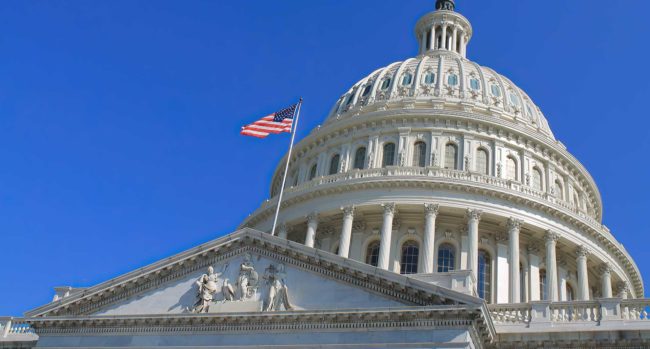Five Important Questions About FMLA and Bereavement Leave
By Prerna Shah When a loved one dies, many family members seek bereavement leave to attend to family affairs, their grief, and sort through the many changes that invisibly unfold behind closed doors. It may be surprising to learn that most employees have no legal right to take leave, except in five states in…


